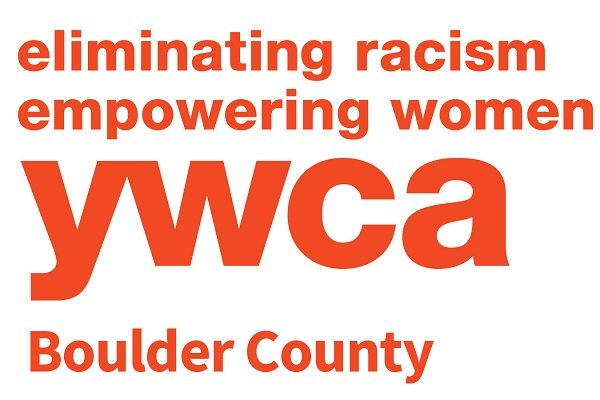A Legacy of Achievement: Celebrating Black History Month in Boulder County
Hundreds of Black women have made their mark on Boulder County, though their contributions have been repeatedly overlooked. From the earliest years of non-indigenous settlement after the Civil War, through the years of growth after World War II, Black women moved to Boulder, pursued careers and higher education, founded businesses, raised families, and built and sustained churches and civic groups.
Young Black women also contributed to the YWCA movement in Boulder County, forming a YWCA-sponsored Phyllis Wheatley Girls Reserve club in the 1920s. These young women supported the wider Boulder community through charitable work, 20 years before the YWCA desegregated local branches in 1946.
In recognition of Black History Month, and to deepen our understanding of Boulder County’s history, we recognize three of the many talented and determined Black women who have shaped our community.
Lucile Berkeley Buchanan was a double trailblazer. Born in 1884 in Denver, she became the first Black person to graduate with a two-year degree from what is now the University of Northern Colorado (in 1905), and the first Black woman to graduate from the University of Colorado (in 1918). Yet, because of her race, she was barred by CU Boulder from receiving her diploma on stage at graduation. She vowed never to return to CU Boulder – a promise she kept until her death at age 105.
Buchanan’s story was largely unknown until Polly E. Bugros McLean, a CU Boulder associate professor of media studies, began more than a decade of extensive research. Dr. McLean’s resulting book, Remembering Lucile: A Virginia Family’s Rise from Slavery and a Legacy Forged a Mile High, recounts Buchanan’s pioneering life. Thanks to Dr. McLean’s efforts to correct history, University of Colorado Boulder officially remembers Lucile Berkeley Buchanan a century later in the Colorado Arts and Sciences Magazine, and a scholarship was created in her memory, called the Women & Gender Studies – Lucile Berkeley Buchanan Scholarship.
Lillian Beckley Wheeler
Boulder’s small but vibrant Black community attracted new residents in the early 20th century, including Lillian Beckley Wheeler, Colorado’s first Black licensed female barber. Wheeler and her husband, Thomas, moved from Mississippi to Boulder in 1924, buying a home on 19th St. in the “Little Rectangle”. Bounded by 19th Street, Goss Street, 23rd Street and Canyon Boulevard, this neighborhood was the center of Boulder’s Black community due to housing discrimination elsewhere in the city.
Wheeler worked as a licensed beautician in Boulder, later deciding to move into the male-dominated field of barbering. Wheeler received her Colorado barber’s license in 1943 and later opened her own barbershop in a Black-owned shopping center in Denver. She also worked as an educator, teaching Adult Education and Recreation at Boulder High School. Historian Melvin Collier has profiled Wheeler on his website, RootsRevealed.com.
Mildred Nilon
Growing up just blocks from Alabama State University, a historically black colleges and universities (HBCU), Mildred Nilon developed a deep appreciation for education and racial justice. When she and her husband, Dr. Charles Nilon, moved to Boulder in 1956, they refused to be limited by housing discrimination. The Nilons overcame pressure from neighbors and real estate agents and purchased a home outside the “Little Rectangle” neighborhood, paving the way for other Black families to live wherever they wanted to in Boulder.
Nilon’s husband became University of Colorado Boulder’s first Black faculty member, and Nilon soon followed him to the university as its first Black librarian. She eventually rose to become Assistant Director of Public Services. Meanwhile, she served as president of United Black Women of Boulder Valley and advocated with other Black parents to ensure their children were given full opportunities for college-track coursework in Boulder schools. Following their retirement from CU, the Nilons were honored with an education scholarship in their name.
Norlin Library, West Entrance. Photo courtesy of CU Boulder. The largest library on the CU-Boulder campus, Norlin Library houses humanities, social sciences and life sciences collections, Rare and Distinctive Collections, Norlin Commons and more.





